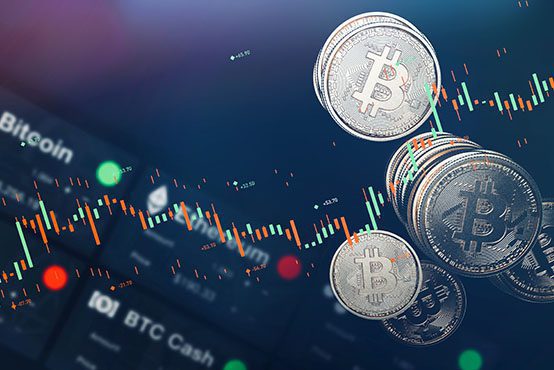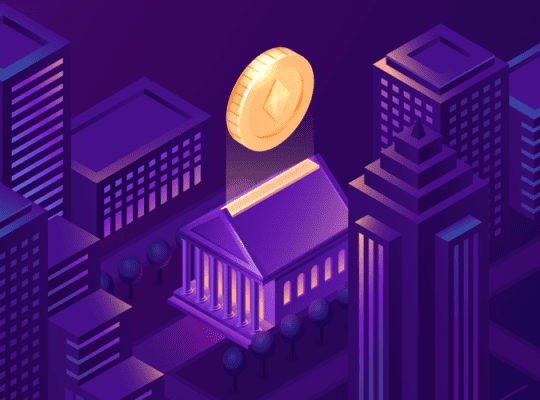The Metaverse: Money Transformed into a Virtual Economy
As the digital world continues to evolve, the concept of the metaverse has seen significant investments from various sectors, including brands, artists, creators, influencers, and celebrities. The metaverse is a virtual universe where users can participate in an array of activities such as shopping, socializing, and attending events through their avatars. The metaverse is rapidly becoming a fully functional virtual economy, and one of its most important aspects is the translation of traditional currency into its digital counterpart.

In this article, we will explore the fundamental concept of money in the metaverse, discuss different types of currencies used, outline challenges and benefits, and evaluate how the metaverse financial system is regulated.
Traditional Currency vs. Cryptocurrencies in the Metaverse
The concept of money in the metaverse is vastly different from what we know in the physical world. Instead of using traditional currencies like dollars or euros, the metaverse predominantly operates on cryptocurrencies and other digital assets.
The primary distinction between traditional currency and cryptocurrencies in the metaverse lies in their very nature. Traditional currency is centralized, with governments regulating its issuance and value. In contrast, cryptocurrency is decentralized, with no central authority controlling its circulation or value. This decentralization presents a level of freedom and flexibility for trade within the metaverse, allowing for a truly global virtual economy.
Pros and Cons of Cryptocurrencies in the Metaverse
Pros:
- Decentralization: No central authority can manipulate the value or issue cryptocurrencies, making it a more democratic form of currency.
- Borderless transactions: Users can transfer cryptocurrencies across borders without worrying about exchange rates and related fees.
- Transparency: All transactions are recorded on the blockchain, providing an open, verifiable, and secure environment for virtual transactions.
Cons:
- Volatility: The value of cryptocurrencies tends to be highly volatile, which can lead to significant losses or gains for users.
- Security concerns: Although the blockchain itself is relatively secure, users’ wallets storing cryptocurrencies can be vulnerable to hacking.
- Limited awareness: Not all users are familiar with how cryptocurrencies function, leading to potential challenges and barriers for entry into the metaverse economy.
Popular Currencies and Their Worth
Many metaverse platforms have their native currencies, which users can utilize to make transactions. Some popular virtual worlds and their native currencies include:
- Decentraland (MANA)
- The Sandbox (SAND)
- CryptoVoxels (ETH)
These currencies can be exchanged from traditional currency or other cryptocurrencies using various platforms, wallet services like MetaMask, or through partnerships with financial institutions like the Mastercard-Coinbase collaboration to create the first NFT-based card.
Metaverse Financial System and Regulation
As the metaverse is a relatively new concept with a rapidly changing landscape, regulation is yet in its infancy. Many countries are closely monitoring how these virtual economies function, attempting to understand and determine the best approach to regulate them. Currently, metaverse financial systems primarily rely on the underlying blockchain technology to guide transactions and maintain a secure, transparent record.
Challenges and Benefits of Virtual Currency in the Metaverse
Challenges:
- Legal and regulatory uncertainties
- Security concerns for storing digital assets
- Acknowledgment and acceptance by the general public
Benefits:
- Democratization of financial systems
- Innovation in business models
- Enhanced opportunities for creators and entrepreneurs
In conclusion, virtual currency presents both challenges and benefits within the metaverse. While regulation is not yet established, many governments around the world have begun to recognize its potential and have started exploring possible frameworks for its use. Despite having a few security concerns, the underlying blockchain technology provides a secure platform for transactions. Ultimately, virtual currency offers unique opportunities to creators and entrepreneurs as well as provides an innovative way of democratizing financial systems.











